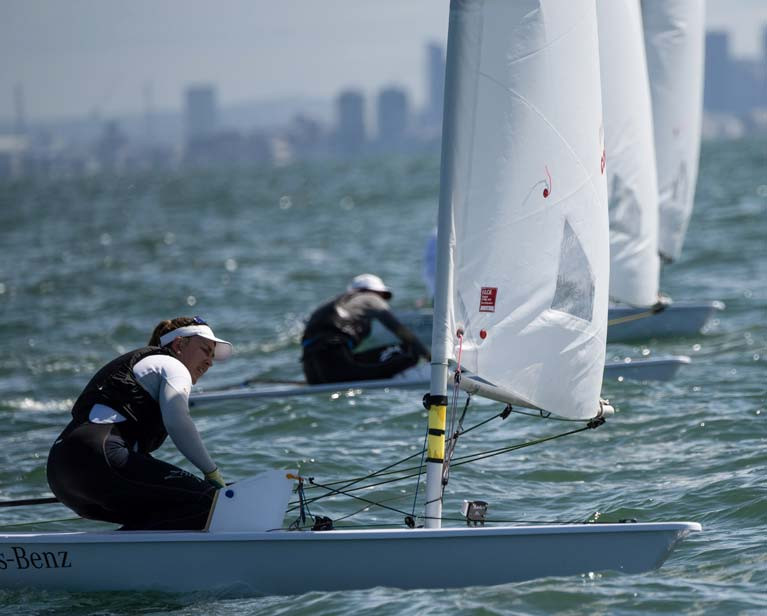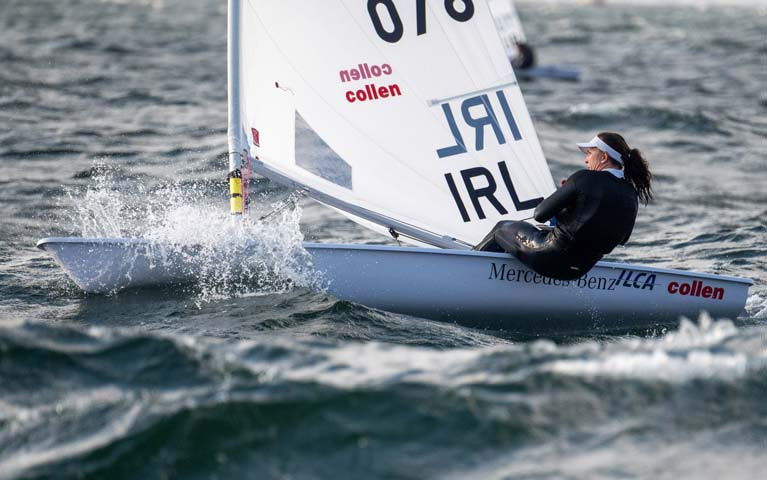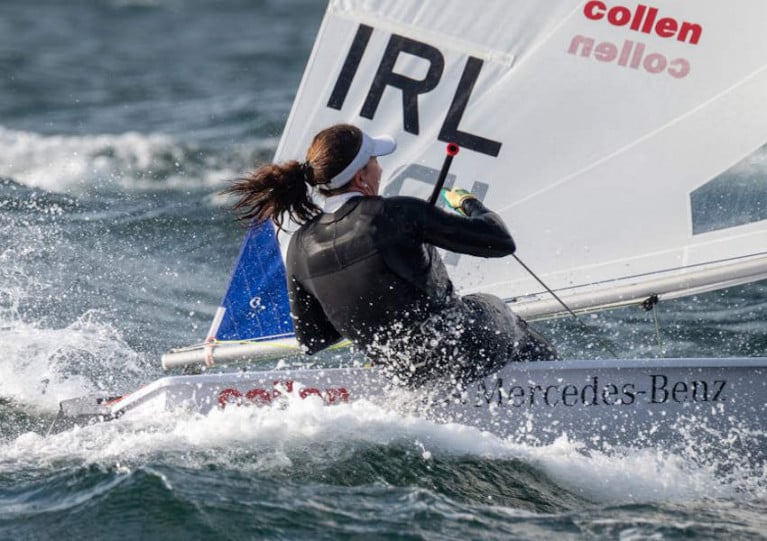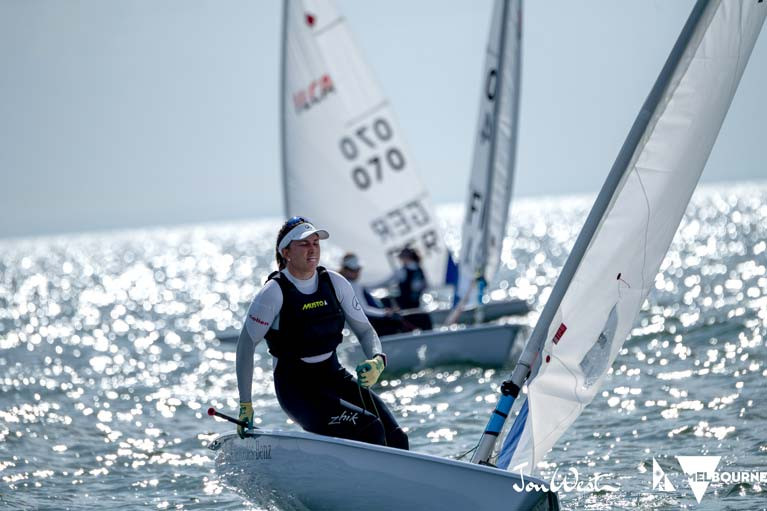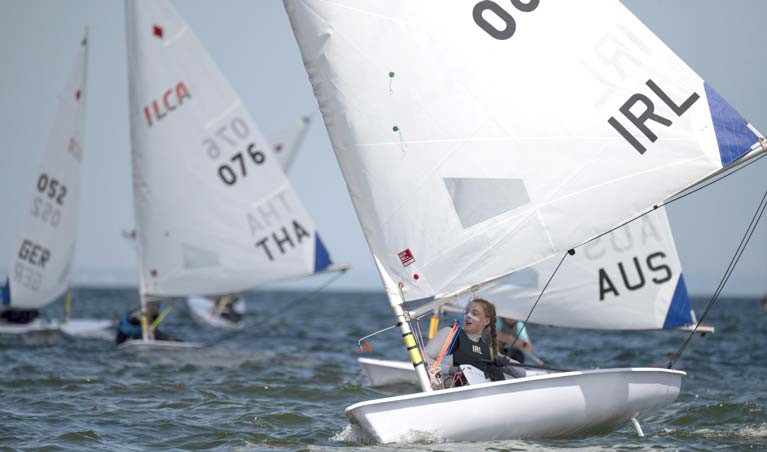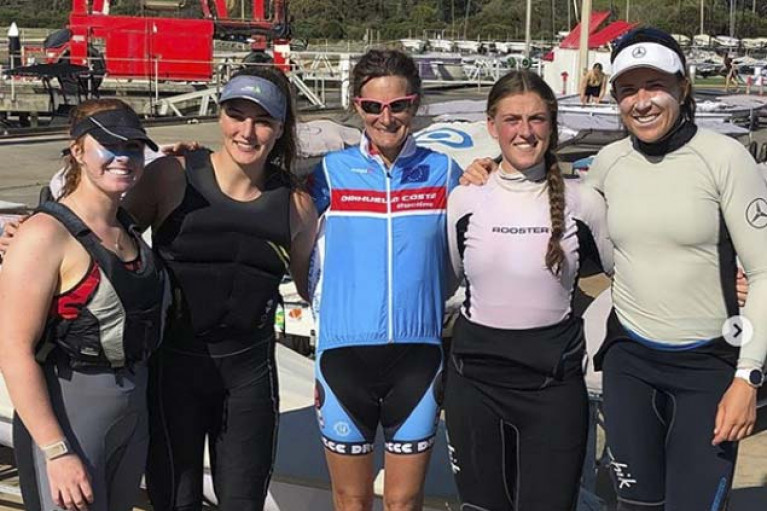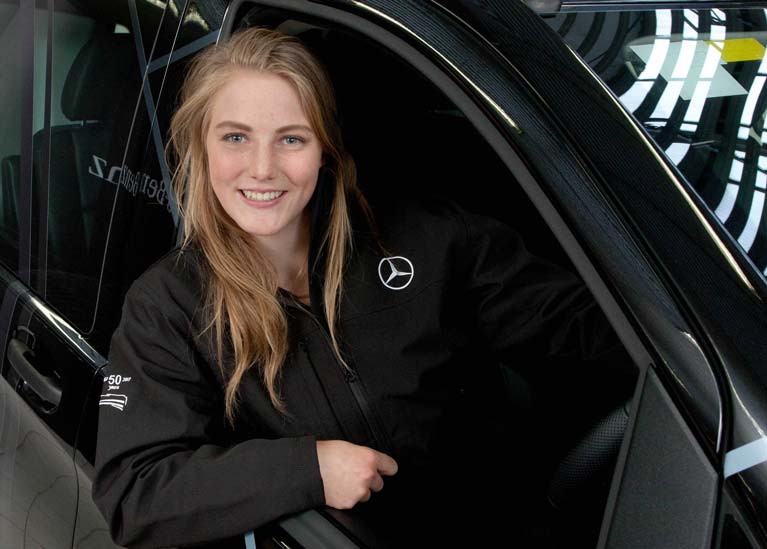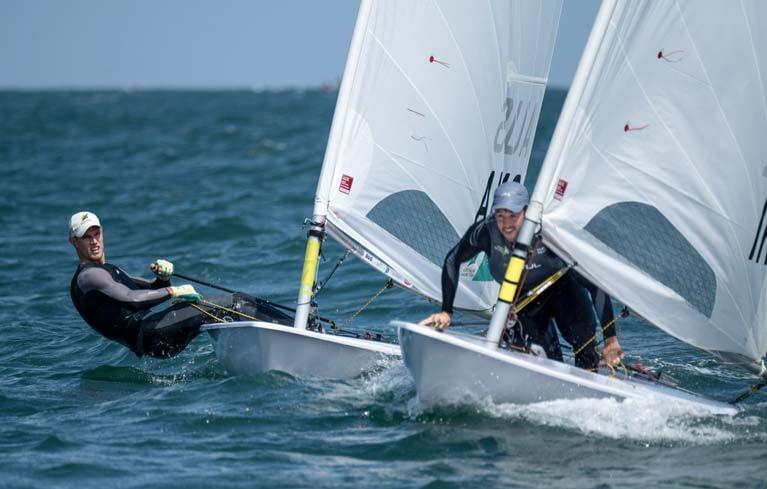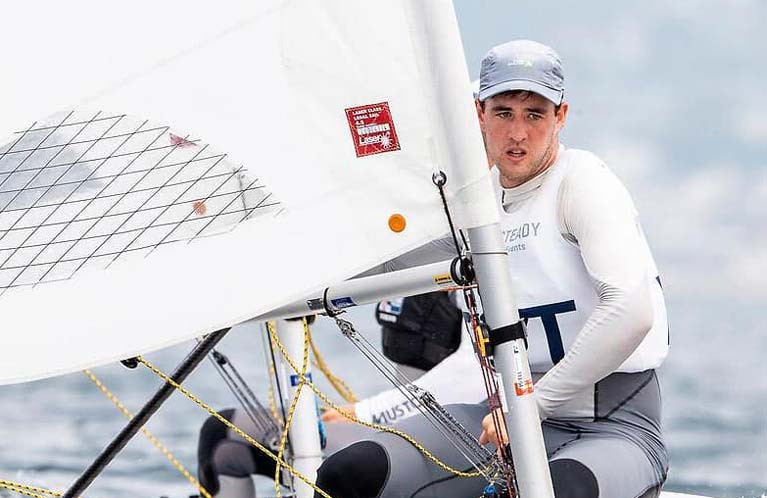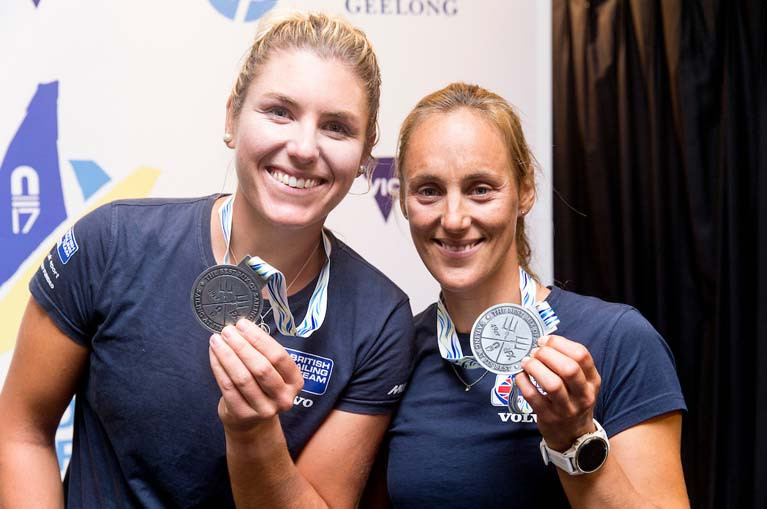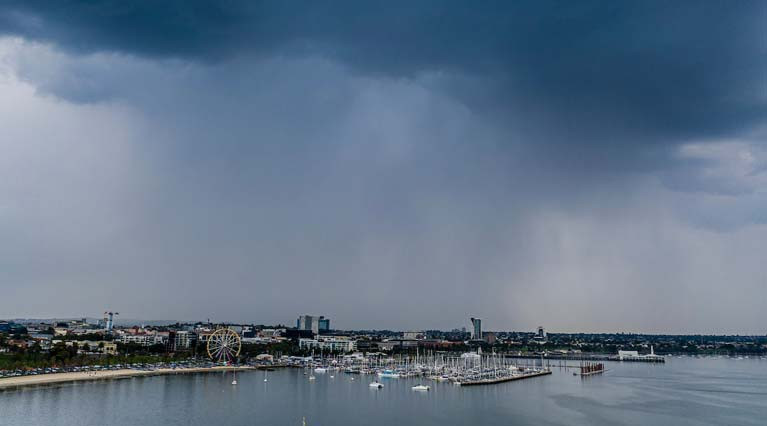Tokyo 2021 Olympic Sailing
Olympic Sailing features a variety of craft, from dinghies and keelboats to windsurfing boards. The programme at Tokyo 2020 will include two events for both men and women, three for men only, two for women only and one for mixed crews:
Event Programme
RS:X - Windsurfer (Men/Women)
Laser - One Person Dinghy (Men)
Laser Radial - One Person Dinghy (Women)
Finn - One Person Dinghy (Heavyweight) (Men)
470 - Two Person Dinghy (Men/Women)
49er - Skiff (Men)
49er FX - Skiff (Women)
Nacra 17 Foiling - Mixed Multihull
The mixed Nacra 17 Foiling - Mixed Multihull and women-only 49er FX - Skiff, events were first staged at Rio 2016.
Each event consists of a series of races. Points in each race are awarded according to position: the winner gets one point, the second-placed finisher scores two, and so on. The final race is called the medal race, for which points are doubled. Following the medal race, the individual or crew with the fewest total points is declared the winner.
During races, boats navigate a course shaped like an enormous triangle, heading for the finish line after they contend with the wind from all three directions. They must pass marker buoys a certain number of times and in a predetermined order.
Sailing competitions at the 2020 Summer Olympics in Tokyo are scheduled to take place from 27 July to 6 August at the Enoshima Yacht Harbour.
Venues: Enoshima Yacht Harbor
No. of events: 10
Dates: 27 July – 6 August



